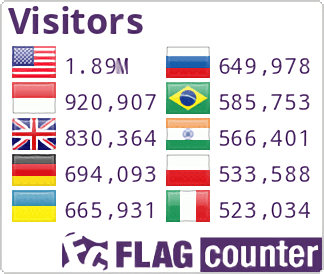NEW SUBMISSION |
AUTHOR GUIDELINES |
FOCUS AND SCOPE |
PEER REVIEW PROCESS |
PUBLICATION ETHICS |
STATEMENT OF ETHICS |
ARTICLE TEMPLATE |
INDEXED BY |
 |
 |
REFERENCE TOOLS |
WRITING TOOLS |
PLAGIARISM TOOLS |
STATS COUNTER |
 |
INFORMATION |



